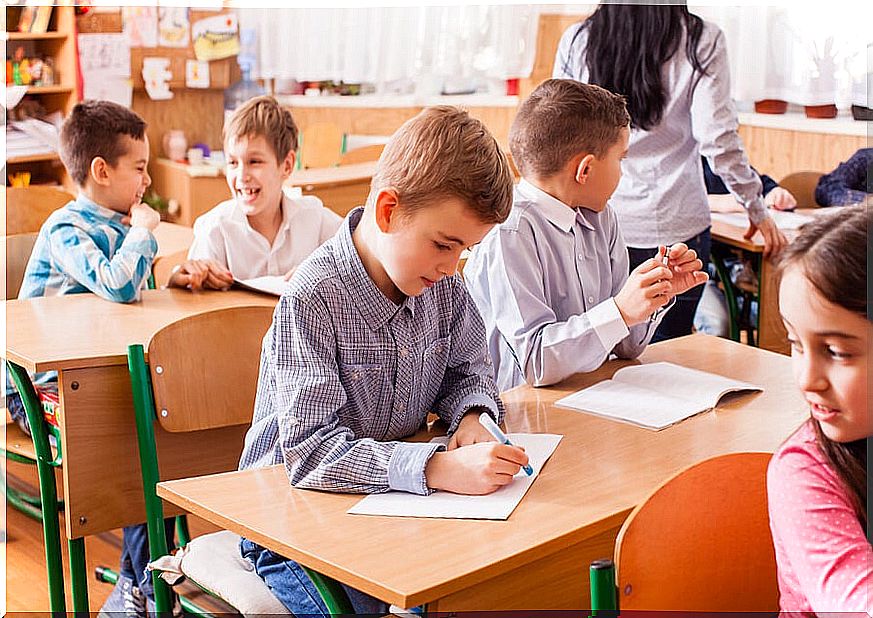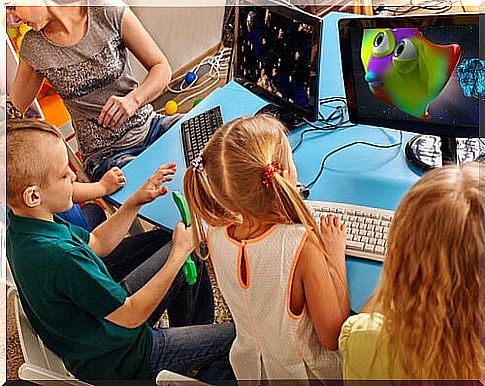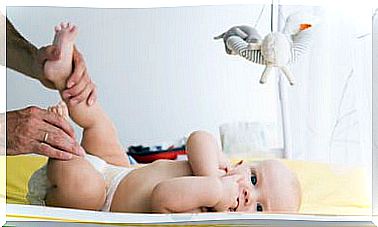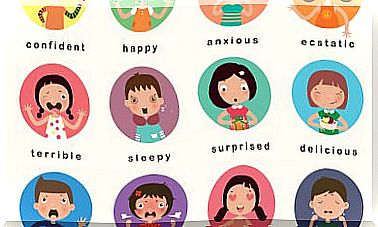How To Motivate Children In Class?

Childhood is, for many children, an age in which it is difficult to find a meaning to the obligation to fulfill school duties. In these cases, it is important that parents and teachers work together to generate enthusiasm. In that sense, some tips to motivate children in class can be helpful.
One key to capturing anyone’s interest in an activity is to make it attractive. That is, present it not as an obligation, but rather as an opportunity to do something that you like and that, above all else, will serve you in the future.
As it is often difficult to motivate children in class, we believe it is wise to have certain issues to consider on hand. Below, we delve into some of them.
Recommendations to motivate children in class
1. Awaken your intrinsic motivation
This is a fundamental aspect, since there is no stronger motivation than that which comes from the mind itself. This may seem like a truism; in fact, the question that we pose here is how to arrive at that result. A very effective measure by which you can start is to present the content in a different way than the traditional one. That is, through movies, games or outdoor activities that put the student in contact with other materials.
Many times, doing an experiment at school or visiting a museum is more effective than reading about the same topics in a book. Also, audiovisual versions of classic works can capture the interest of children.

2. Good atmosphere
Another of the foundations on which healthy learning is built. Teachers who resort to constant yelling and punishment fail to cause more than rejection in their students. On the other hand, those who maintain an open attitude and a friendly treatment, placing themselves on a par with the children – maintaining authority, of course – are those who achieve better results. They must be facilitators of education and must support children in this complex period of constant maturation.
3. Set objectives and recognize their achievements
Without resorting to competition among peers, it is positive to propose goals when working in groups. Of course, its achievement should be followed by praise, recognition and, why not, a reward to reward your effort and commitment.
Example: when proposing a group exhibition for the following week, offer an extra qualification point for those who add an extra piece of information that was not in the slogan. In this way, children will be motivated to do their own research and be creative.
4. Participation, another key
In modern times, the relationship between students and teachers requires varying the verticality system on certain occasions. It is a fact that feeling part of the educational process and being more than mere recipients of information generates in children a much stronger commitment and dedication.
To explain it with a concrete case, let’s say the following: when explaining the city’s government system, we can propose that they think of a problem to be solved in the community. Then, evaluate: what tools do you have to make it reach the authorities? Once there, what process must be followed for it to become law?
From then on, the issue can be expanded to provincial and national governments and even compared with what happened before, what happens in other countries. As you can see, ‘lowering’ the content to reality can be extremely productive.

5. Not everything comes down to evaluation
One mistake of many educators is to give assessments a central role. Although they are a necessary and valuable instance, it must also be considered that it generates a lot of stress, anxiety and even fear in certain children. In fact, the little ones who tend to perform well in school can lower their performance at this time.
Therefore, it is better to consider it as one more activity. Again: this does not mean devaluing them or directly ignoring them; we should simply try to make it a simple instance of evaluation that will not radically determine the ‘success’ or ‘failure’ of a child’s school year.
Finally, the last quick recommendation has to do with new media. In the age of technology, we must lean on it rather than ban it outright.
A good activity, in this sense, consists of recommending games and applications that offer children the opportunity to learn about certain topics, such as mathematical operations or historical facts. The tools to motivate children in class are within our reach, we just have to know how to take advantage of them.










